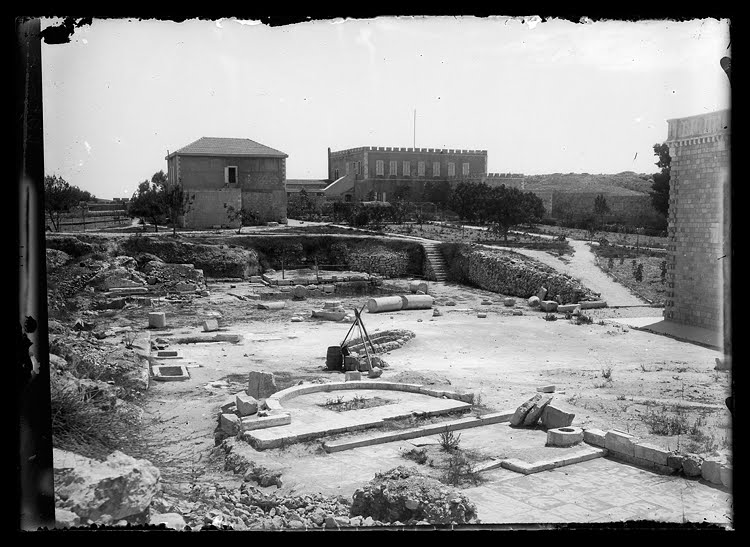“It is exactly one hundred and thirty years ago today, on the feast of Albertus Magnus, that the École Biblique opened its doors for the first time,” announced Fr. Anthony Giambrone, op, at the beginning of his homily, this Monday 15 November. “One hundred and thirty years ago, a few meters from here, the École Biblique opened, very humbly, in a former slaughterhouse.”
The choice of Albert as the patron saint of the School, not St. Stephen, St. Thomas, or St. Jerome, deserves reflection. Indeed, one must be aware that in 1891 Albert was not even canonised. A Dominican, Albertus Magnus was a philosopher, theologian and scientist, and became one of the leading teachers of the thirteenth century. Nevertheless, his reputation is suspect: “Albertus magnus was often misrepresented as Albertus magus, Albert the magician, a figure like Faust who was too eager to know everything. In the Middle Ages, several compromising forgeries, such as the Semita recta, the “Straight Path”, an alchemical bestseller, were attributed to Albert, this lover of astronomy. At the popular level his image was not necessarily better: a dialect poem told the story of young Albert, using his magical arts to seduce a princess. The great Albert was thus seen as a dangerous scientist by many people.
“So this is a very interesting perspective for us. If the choice of Albert as patron of the School was not obvious, this brother and teacher of St. Thomas Aquinas, who was charged with opening a studium, a Dominican school in Cologne, provided a suitable model for the opening of a Dominican School of Practical Biblical Studies here in Jerusalem. St Albert practised a profane and pagan science, a science easily confused with studies that risked damaging the whole sacra doctrina. Despite his universal interests and wide-ranging research, Albert never lost an intensely theological focus. A perfect patron, therefore, for a school dedicated to a new science: critical history, which frightened like Aristotle at the time. And also a good patron, I might add, for a certain Albert Marie-Joseph Lagrange, who a few years after this ceremonial opening would also suffer from a slandered reputation for his research.”
